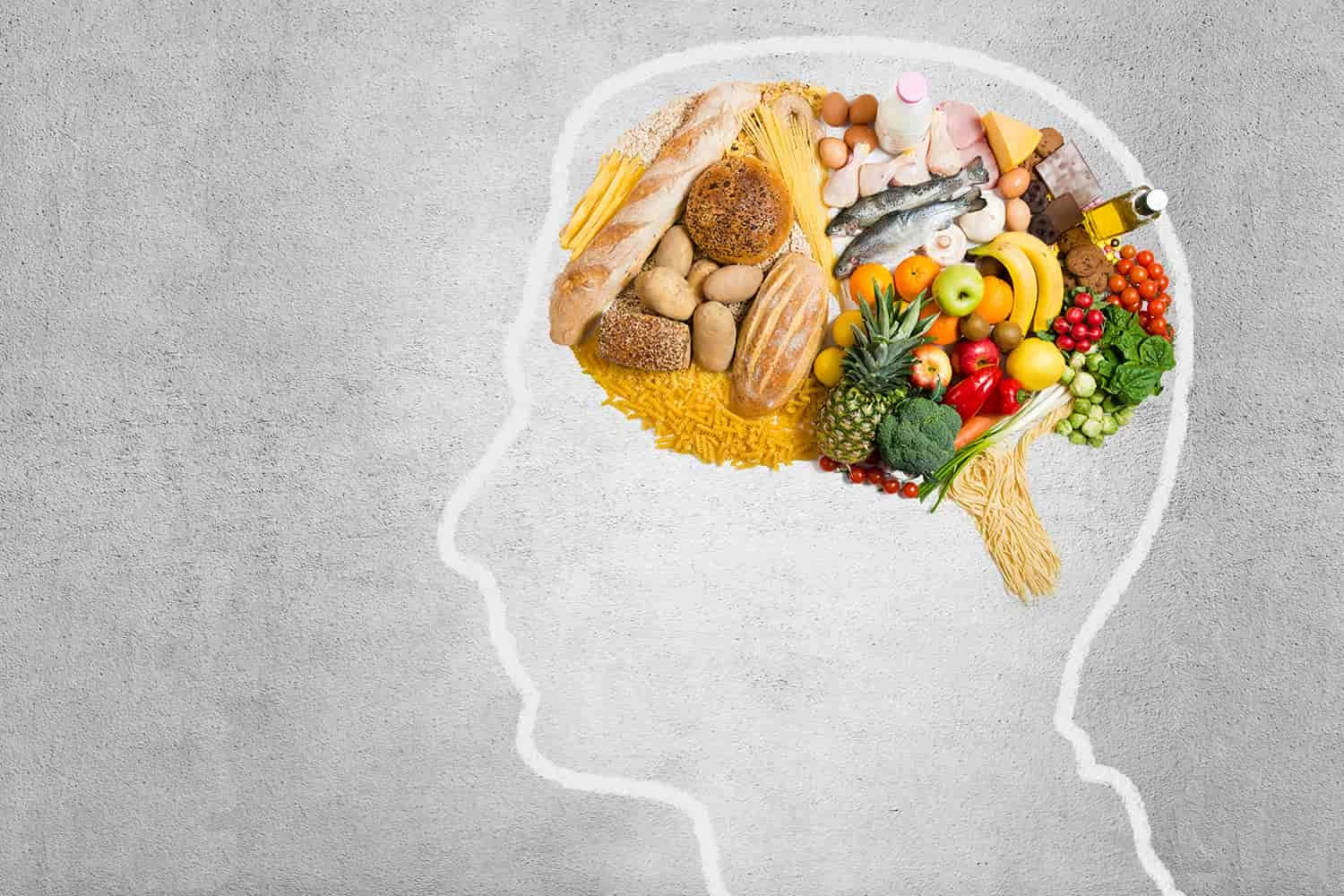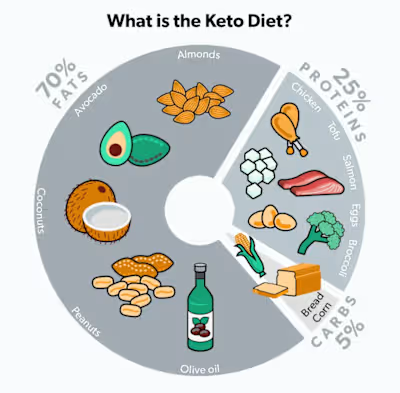The Everyday Foods That Enhance Brain Health

Are you looking to boost your brain power and improve your overall brain health? Look no further than the foods you eat every day. By incorporating brain health foods into your daily diet, you can enhance cognitive function, improve memory, and even protect your brain from age-related decline. In this blog post, we will explore the top everyday foods that can help nourish and support your brain for optimal performance. From omega-3 rich foods to antioxidant powerhouses, we’ve got you covered with the best brain boosting foods for everyday eating.
Omega-3 Rich Foods: Your Brain's Best Friend
Omega-3 fatty acids are critical for maintaining and enhancing cognitive function. They are key components in the structure of brain cell membranes, ensuring fluidity and facilitating communication between neurons. Not only do omega-3s support brain health, but they are also linked to reductions in age-related cognitive decline. For those seeking to boost their intake of these essential fats, several food sources stand out.
Fatty fish, such as salmon, mackerel, and sardines, are among the most potent sources of omega-3 fatty acids. These seafood options provide a direct supply of EPA and DHA, two types of omega-3s that are readily utilized by the body, particularly the brain. Regular consumption of these fish can lead to improvements in memory, focus, and the prevention of neurodegenerative diseases.
omega-3s may consider fortified foods or supplements to meet their needs.
In essence, omega-3 rich foods play a pivotal role in nurturing the brain and enhancing its function. By making these foods a regular part of your diet, you’re not just feeding your body; you’re nourishing your mind and fortifying your mental capabilities for the years to come.
Berries for Brain Protection
Berries are nature’s vibrant gems packed with potent antioxidants that play a crucial role in safeguarding brain health. The pigments that give berries their rich colors, such as anthocyanins in blueberries and ellagic acid in strawberries, have been linked to numerous cognitive benefits. These compounds help neutralize harmful free radicals and reduce oxidative stress, which if left unchecked, can damage brain cells and contribute to cognitive decline.
Studies have demonstrated that regular consumption of berries can have a remarkable impact on the brain’s functionality. For instance, blueberries have been shown to enhance memory and learning in older adults, while raspberries contain flavonoids that improve motor skills and cognitive processing. Strawberries, on the other hand, are not only delicious but their high levels of antioxidants can help stave off neurodegenerative diseases by preventing neuronal damage.
By making berries a staple in your daily intake, you’re employing a deliciously effective method to combat the signs of aging in the brain and support its optimal function. Their versatility in culinary applications and the sheer variety available mean that keeping your brain protected with these antioxidant powerhouses has never been easier or more enjoyable.
Whole Grains for Steady Energy Supply to Your Brain
Whole grains are an essential component of a diet that aims to enhance brain function and longevity. Unlike their refined counterparts, whole grains are rich in fiber, which helps to regulate the release of glucose into the bloodstream. This steady supply of glucose is crucial for the brain, as it is the organ’s primary source of fuel. Consuming foods like barley, brown rice, buckwheat, and whole wheat ensures that your brain receives a consistent flow of energy, preventing spikes and crashes in blood sugar that can impair cognitive function.
In addition to providing a stable energy source, whole grains are packed with B vitamins, including niacin, thiamine, and folate, which play vital roles in brain health. These vitamins help in the maintenance of nerve structure and function, and they aid in the synthesis of neurotransmitters, the chemicals responsible for transmitting messages in the brain. This contributes to improved cognitive processes such as memory, attention, and learning.
Start your day with oatmeal or whole-grain toast, choose brown rice or quinoa as a side for lunch and dinner, or snack on popcorn (a whole grain) for a healthy, brain-boosting treat. By making whole grains a staple in your diet, you are not only fueling your brain with the energy it needs to perform optimally but also providing it with the nutrients necessary for long-term health and protection against cognitive decline.
Tiny Titans of Brain Nutrition
Nuts and seeds might be small, but their nutritional impact on brain health is significant. These little powerhouses are packed with nutrients that are essential for maintaining and enhancing cognitive function. Almonds, for instance, are not only rich in healthy fats but also contain high levels of vitamin E, which has been shown to prevent cognitive decline. Similarly, walnuts are a fantastic source of alpha-linolenic acid (ALA), a plant-based omega-3 fatty acid, contributing to the efficient functioning of the brain and potentially reducing the risk of Alzheimer’s disease.
Sunflower seeds, on the other hand, are teeming with thiamine (vitamin B1), which is vital for the nervous system and brain to utilize glucose, thus providing energy for the brain to perform at its peak. Furthermore, the magnesium found in pumpkin seeds plays a crucial role in nerve signaling and brain development. This mineral also helps in the conversion of B vitamins to their active form, which is necessary for the health of our nervous system.
The Power of Beans and Legumes for Cognitive Function
Beans and legumes, with their impressive nutrient profile, stand out as essential brain health foods for everyday eating. These humble pantry staples are loaded with complex carbohydrates, protein, and fiber, making them an excellent energy source for the brain. Their ability to provide a slow and steady release of glucose into the bloodstream is particularly beneficial for cognitive function, keeping the brain fueled and ready to tackle any task without the dreaded energy crash that comes from simpler sugars.
What sets beans and legumes apart in the realm of brain-boosting foods is their rich content of B vitamins, especially folate (vitamin B9), which is critical for brain function. Folate plays a pivotal role in the synthesis of neurotransmitters, the brain’s chemical messengers, and is involved in the maintenance of cognitive performance, particularly in areas related to speed and flexibility of thinking.
Magnesium, another vital nutrient found in beans and legumes like black beans, chickpeas, and lentils, supports brain health by improving the brain’s plasticity. This increases the potential for neurons to form new connections, a foundation for learning and memory. Additionally, the iron content in these foods’ aids in oxygen transport to the brain, essential for sustaining energy levels and sharpening mental acuity.
Incorporating beans and legumes into your diet can be as simple as adding a cup of chickpeas to your salad, enjoying a hearty lentil soup, or preparing black bean tacos for a nutritious and satisfying meal. Their versatility in the kitchen allows for easy integration into a wide array of dishes, ensuring that you can enjoy these brain-enhancing benefits in a variety of tasty ways.
As part of a diet aimed at improving brain health, beans and legumes offer not just a substantial nutritional boost but also a delicious and accessible way to support cognitive function and overall well-being.
Like this project
Posted Apr 20, 2024
Are you looking to boost your brain power and improve your overall brain health? Look no further than the foods you eat every day. By incorporating brain
Likes
0
Views
13




